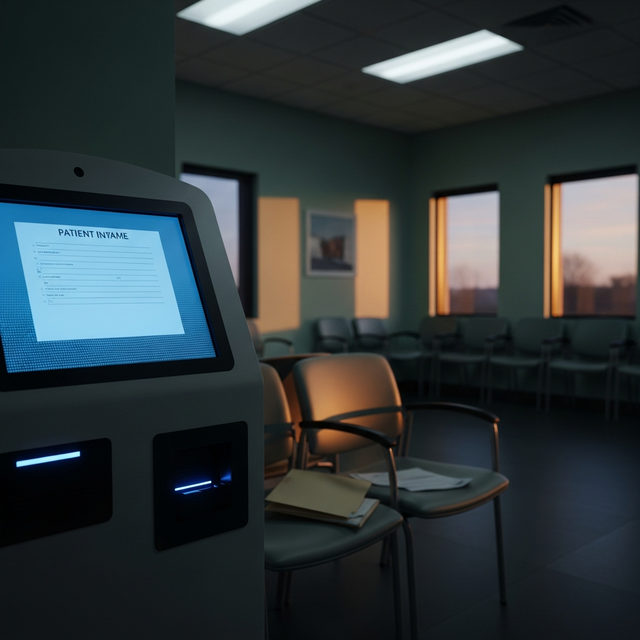DaVita Suffers Major Ransomware Breach Exposing Data of 2.7M People

DaVita Hit by Massive Ransomware Attack: 2.7 Million Patients' Data Exposed
Well, this is a big one folks. DaVita, one of the largest kidney care providers in the US, just got hit with what might be one of the worst healthcare data breaches we've seen this year. The Interlock ransomware gang made off with 1.5 terabytes of sensitive patient data - affecting nearly 2.7 million people. Yeah, it's as bad as it sounds.
What Actually Happened?
DaVita confirmed that attackers managed to access their systems between January 11 and January 17, 2024. During that time, they grabbed everything from medical records to Social Security numbers, insurance details, and even financial information. We're talking about the kind of data that identity thieves dream about.
To put this in perspective: 1.5 terabytes is massive. That's roughly equivalent to 500,000 high-resolution photos or 750 million pages of text. This wasn't some small-time hack - this was a coordinated attack targeting one of America's largest healthcare providers.
Who's Affected?
If you've ever been a DaVita patient, there's a good chance your data was part of this breach. The company operates over 2,700 outpatient dialysis centers across the United States, serving roughly 200,000 patients. But this breach affected both current and former patients - going back several years.
What Makes This Breach So Dangerous
Here's why this one keeps me up at night: healthcare data is the holy grail for identity thieves. Unlike credit card numbers, which can be changed, you can't just get a new medical history or Social Security number. This is permanent, sensitive stuff that can be used for years to commit fraud.
What You Need to Do Right Now
If you're a DaVita patient (current or former), here are the immediate steps you should take:
Monitor your credit reports closely - request free reports from all three bureaus
Set up fraud alerts with the major credit bureaus
Keep a close eye on your medical bills and insurance statements for any suspicious activity
Consider freezing your credit (it's free and one of the most effective protections against identity theft)
Long-term Protection Steps
Look, I know it's frustrating to deal with yet another data breach, but there are some solid ways to protect yourself going forward:
First, you need a password manager. I can't stress this enough. Using the same password across multiple accounts is like using the same key for your house, car, and office - once someone has it, they have access to everything. I've been using NordPass for my family because it's easy enough for my parents to use but still really secure.
Second, invest in identity monitoring services. They won't prevent a breach, but they'll alert you immediately if someone tries to use your information. Think of it like a security camera for your identity - it won't stop a break-in, but you'll know right away if someone's trying something sketchy.
The Bigger Picture
This breach is part of a growing trend of healthcare-targeted ransomware attacks. In 2023 alone, we saw over 700 major healthcare data breaches. The scary part? These attacks are getting more sophisticated and more damaging.
To protect your online accounts, you might want to consider using Private Internet Access VPN when accessing medical portals or doing anything with sensitive data. It's an extra layer of protection that makes it harder for attackers to intercept your information.
What DaVita Is Doing About It
DaVita is offering affected individuals two years of free credit monitoring and identity protection services. They're also working with law enforcement and cybersecurity experts to investigate the breach. But honestly? Don't wait for them - take action to protect yourself now.
Quick heads up:Some links in this article are affiliate links. If you buy something through them, we might earn a small commission (doesn't cost you extra). We only recommend stuff we'd actually use ourselves or set up for our own families. No BS recommendations here.


